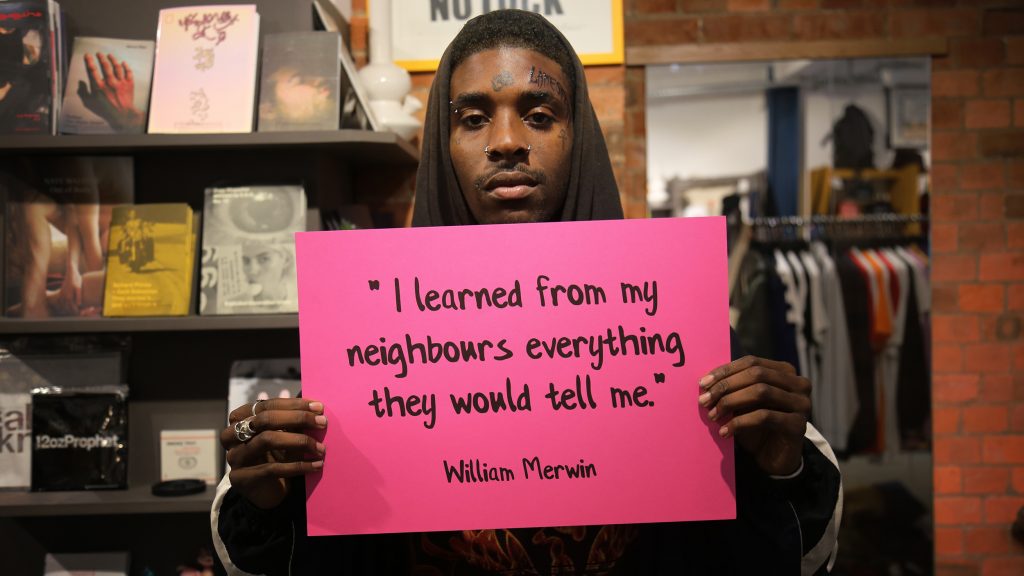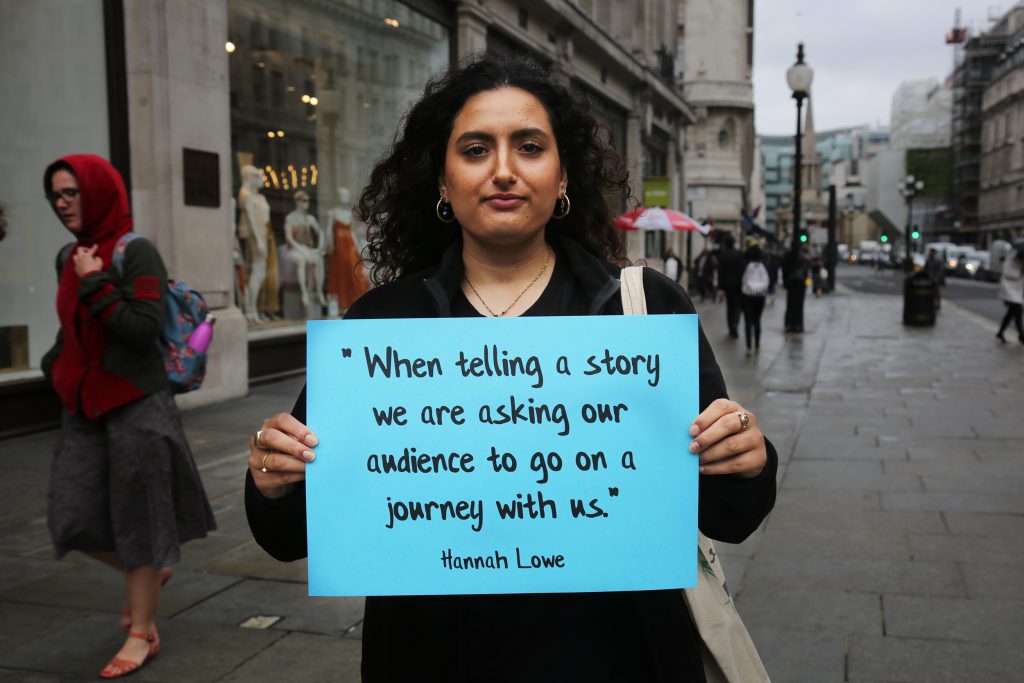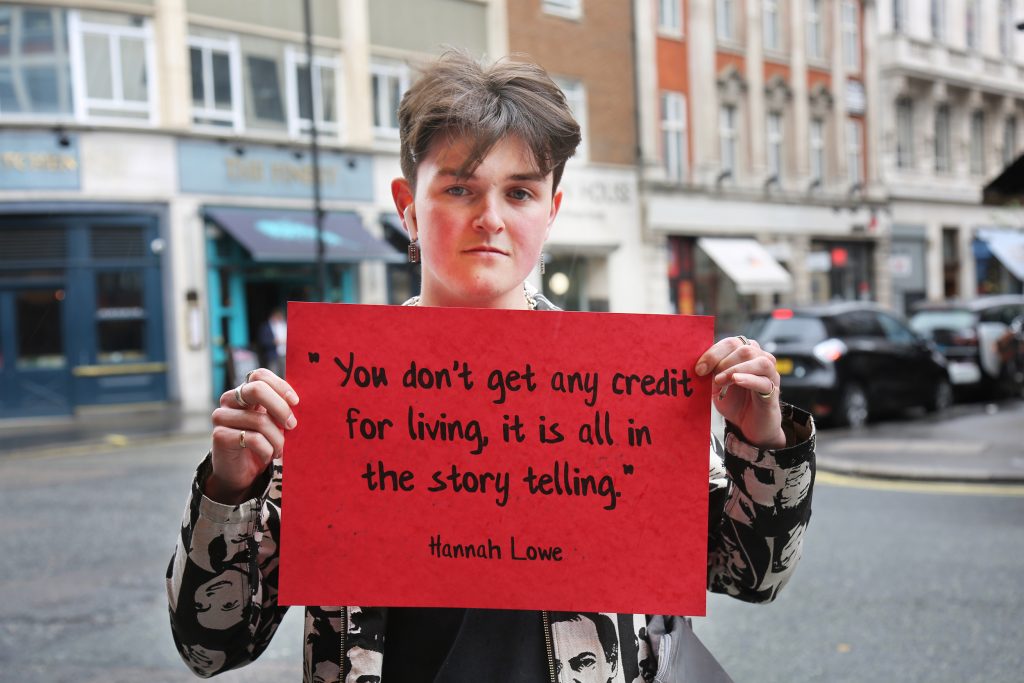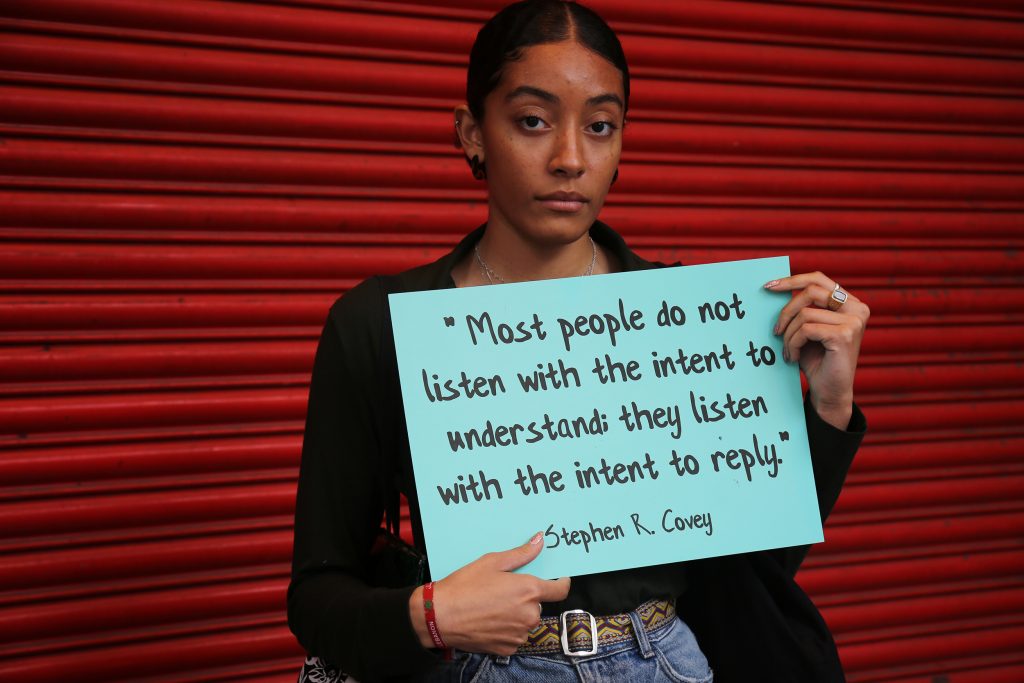Listening to the opposition

Listening is hard, especially when it comes to views from others that are different to our own. Who Are We Now, by Dr Kate Massey, is a pamphlet that we at AKOU have celebrated this summer. It offers a raw and honest collection of stories that came as a result of a series of life writing workshops, set up by Dr Massey. The workshops encouraged people to share their stories on how life changed for them in the UK after the 2016 referendum. Many of the pieces were then collected together into a pamphlet that presented diverse depictions of lives affected by Brexit. Massey urges that we need more space for quiet reasonableness, in order to hear each other and consider different points of view.
We spoke to Dr Massey about her book and how and why we should be listening to others whose views are opposite from our own. You can download and read the pamphlet here.

The power of storytelling
Dr Massey: “Storytelling has been used for centuries as a way of validating the life experience of people who have not traditionally had access to power. In both fiction and non-fiction, stories enable the space for things, people and situations to be odd or strange, and not fully explained. Storytelling is useful at the moment, as arguments in social and political life seem to be particularly fraught and polarised. Extreme ideas attract more attention and therefore seem to have more social currency just now than quiet reasonableness. Creating a space for quiet reasonableness is important!”
It seems like today one of the biggest asks we have of each other is to put our own agendas to one side, sit back, listen, learn and consider. How possible is it to share stories and narratives with the sole motive being to deepen general understanding? How possible is it for us to train ourselves to listen, even when what is being said is hard to hear? How much harder is it to listen when the person is a stranger and represents a type of otherness that we have constructed in our minds.

Uncomfortable listening
Dr Massey : “I find lots of points of view hard to hear – especially at the moment! The UK is a very divided place, and opinions which wouldn’t have been heard in public about other people and groups – women, Muslims, asylum seekers and refugees for example – have become part of everyday discourse. It is hard, but listening to everyone as if their point of view matters as much as anyone else’s is central to what I do. I think it is easier to say this for me now because with experience I have become very aware that listening, and attaching value to, are very different things. I hope I am never dismissive.

Trying to understand where the opinions you are hearing are coming from, in terms of the speaker’s age, gender, religious affiliations, ethnic background and level of education is a good start. Leaving the ideas and opinions behind afterward the conversation is over will avoid them corroding your soul too.
The ‘Who Are We Now’ collection takes us on short walks through the streets of the UK, following the everyday strangers that make up our cities and towns. Those who are ‘quietly getting on with their lives’ despite the political and social pressures that loom over them.

The importance of feeling heard
Dr Massy: ‘There is an appetite for detail and complexity (right now) and my projects give space for the nuances of everyday life. I was aware that in the midst of Brexit chaos, the experiences of certain people and groups were being ignored. Those who weren’t necessarily ‘Metropolitan elite’ or come from ‘Brexity’ marginal towns. I was keen to create a snapshot of what they were experiencing in the current political chaos, and how this was affecting people’s everyday lives.
Dr Massey: ‘I think feeling heard is important to everyone because most of us receive validation of our humanity from our interactions with others. Relationships, from everyday interactions on the street to those we enjoy with our most beloved family members, are central to our lived experience.’
